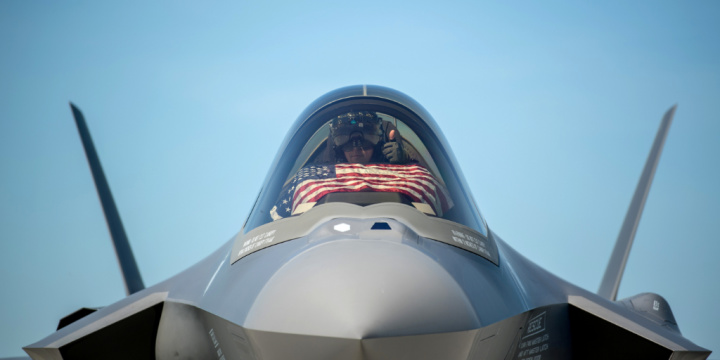
Links
Sheba Medical Centre
Melanie Phillips
Shariah Finance Watch
Australian Islamist Monitor - MultiFaith
West Australian Friends of Israel
Why Israel is at war
Lozowick Blog
NeoZionoid The NeoZionoiZeoN blog
Blank pages of the age
Silent Runnings
Jewish Issues watchdog
Discover more about Israel advocacy
Zionists the creation of Israel
Dissecting the Left
Paula says
Perspectives on Israel - Zionists
Zionism & Israel Information Center
Zionism educational seminars
Christian dhimmitude
Forum on Mideast
Israel Blog - documents terror war against Israelis
Zionism on the web
RECOMMENDED: newsback News discussion community
RSS Feed software from CarP
International law, Arab-Israeli conflict
Think-Israel
The Big Lies
Shmloozing with terrorists
IDF ON YOUTUBE
Israel's contributions to the world
MEMRI
Mark Durie Blog
The latest good news from Israel...new inventions, cures, advances.
support defenders of Israel
The Gaza War 2014
The 2014 Gaza Conflict Factual and Legal Aspects
To get maximum benefit from the ICJS website Register now. Select the topics which interest you.
How Israel Helps the US: Why the Relationship Is a Two-Way Street
 by Yoram Ettinger
by Yoram Ettinger
Opinion
An F-35 pilot prepares for take off from the Vermont Air National Guard Base with the flag of the United States, before a flyover honoring Vermont’s front line coronavirus disease (COVID-19) responders and essential workers in South Burlington, Vermont, U.S. May 22, 2020. U.S. Air National Guard/Miss Julie M. Shea/Handout via REUTERS
A recent mega-billion-dollar increase in the export of Lockheed-Martin’s F-35 combat aircraft came about because the company was able to overcome a series of pivotal glitches. This was achieved by Lockheed-Martin, as well as by the Israeli Air Force and aerospace industries (especially the innovative Israel Aerospace Industries — IAI). This is why Israel is sometimes known as a cost-effective laboratory of the US defense and aerospace industries and armed forces.
In June 2016, Israel became the first country to use the highly-computerized F-35 operationally. Israel soon became successful in solving initial glitches, which had caused concern among prospective buyers.
The battle-tested Israeli laboratory — which communicates 24/7 with Lockheed-Martin (as it does with a litany of US defense contractors) — solved most of the operational and maintenance glitches by marshaling its intrinsic features, which have been the derivatives of the uniquely challenging and threatening Middle East environment.
The scores of Israeli solutions to the F-35 glitches — in the area of data gathering and processing, electronic warfare, and firing control accuracy – have been shared with the US manufacturer and the US Air Force, sustaining the F-35 superiority over its global competition; sparing Lockheed-Martin mega-billions of dollars in research and development; enhancing the manufacturer’s competitive edge; increasing exports by a few additional billions; and expanding the employment base of Lockheed-Martin and its multitude of subcontractors.
The enhanced performance of the F-35 demonstrates Israel’s role as an important source of modernization, reduction of the unit cost, and expanding job creation in the US.
Moreover, some 250 commercial US high-tech giants (e.g., John Deere, General Electric, Johnson & Johnson, Texas Instruments, Intel, General Motors, Microsoft, AT&T, IBM, Dell, Google, Facebook, Intuit, etc.) have established research and development centers in Israel, leveraging Israel’s brain power and innovative spirit, in order to sustain their global lead, yielding a consequential increase in global sales.
Similarly, the US defense and aerospace industries established their own Israeli research and development centers through the hundreds of US military systems, which are employed — and systematically improved — by the Israel Defense Forces, yielding benefits to the US economy and its defense capabilities.
The Middle East is a major junction of world trade and energy resources, but it is also the epicenter of anti-US Islamic terrorism, global drug trafficking, and a concern due to the rise of ballistic and nuclear technologies, which constitutes a clear and present threat to the US national and homeland security.
Under such circumstances, Israel is the most reliable, battle-tested, and cost-effective ally in the region, and a potential beachhead of the US in the face of mutual threats (Iran’s Shite ayatollahs and Sunni Islamic terrorism).
As stated by some US officials and analysts, Israel is the largest US aircraft carrier, which does not require a single US military personnel on board.
Israel shares with the US more intelligence than many countries, and Israel’s battle experience has been shared with the US, saving American lives by serving as a basis for the formulation of US air force and ground force battle tactics, enhancing military medicine, as well as training US soldiers in urban warfare and facing car bombs, suicide bombers and improvised, explosive devices (IEDs).
The mutually-beneficial relationship between the US and Israel is a two-way-street.
The author is a commentator and former Israeli ambassador.
# reads: 636






















